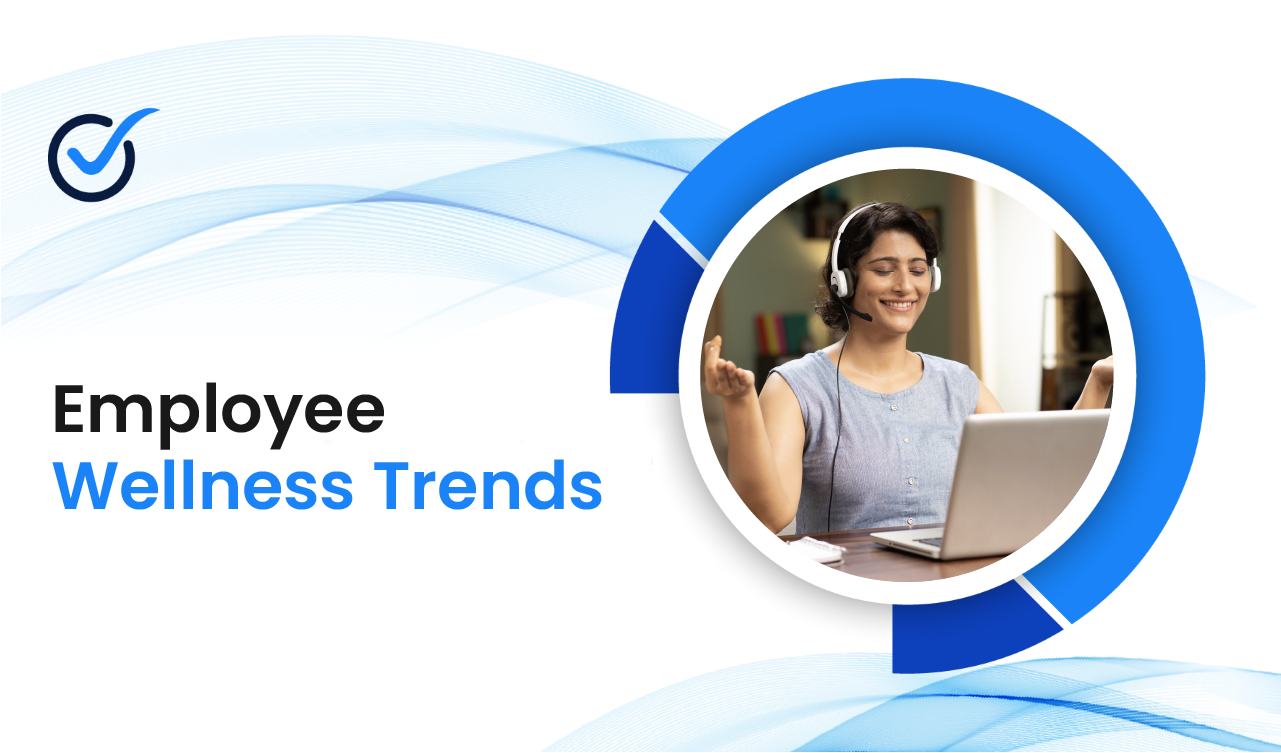Table of Contents
No matter what the size of your business, an effective cash flow is critical to long-term survival. Monitoring the internal and external flow of cash within the business is vital, as it will help you make important business decisions.
A cash flow analysis helps to determine your liquidity management, credit advisory and other financial forecasts. Of course, cashflow in isolation is not enough. You need to understand your working capital as well. Effective cash flow in combination with a positive working capital is critical to determine the financial health of your company. Check out the few elements of cash flow that can make business process efficient and easy to handle.

Role of Effective Cashflow in an MSME
The Confederation of Indian Industry (CII) noted that there are around 63.4 million MSME units in India, who contribute around 6.11% of the manufacturing GDP. MSMEs are also responsible for over 120 million jobs and 45% of India’s overall exports. Sadly though, because of the COVID-19 pandemic, these businesses are finding it increasingly difficult to survive.
The ‘Global State of Small Business’ report from Facebook found that 46% of small businesses in South Asia were forced to close due to Wave 1. In most cases, that’s a permanent closure due to the lack of cash. As a small business owner, it is wise to not depend entirely on the government.
An effective cash flow will help future-proof your business, as well as plan for a post-COVID world. How do you do that? Here are a few tips.
Cash Flow Requires Constant Monitoring and Planning
Most companies have a dedicated finance manager or CFO to look at exactly this aspect. Frequent monitoring, with quarterly and yearly reviews, help ensure you have an effective cash flow. Use digital tools to record every single statement which gives you accurate feedback on your financial health.
This will allow you to plan for the next quarter and year. Always remember to keep an eye on interest rates, GST rates and other taxes. There are plenty of digital tools for you to take advantage of, so use them.
Invest in Surplus Cash
If you get your monitoring and planning right, you should have a good idea of your estimated closing balance each quarter. Whether you are falling short, or have extra, it’s a good idea to invest some of your income. Use short-term investments to make up any shortfalls.
Proper planning will allow you to think ahead and invest as required. Of course, remember not to invest everything. If there’s one thing COVID-19 has taught all of us, is that we need money for a rainy day.
Build a Cash Reserve
There is no better way to be prepared for a rainy day than by building a cash reserve. Investments are great for short to long term returns, but you may still have trouble accessing the funds.
That’s why a cash reserve is good. That money sits in your savings account and can be accessed at any time. Make sure you have ample cash reserve for at least a few months, that way you can avoid taking a loan immediately.
Reduce Your Outflow
The true purpose of cashflow is to keep the outgoing costs at a bare minimum. So, look at any opportunities you have to reduce operating costs, like:
- Switching to Group Healthcare plan that is working capital friendly
- Negotiating with suppliers for better buying opportunities
- Migrate from advertising on expensive mediums like TV to digital ones, that are cheaper
- Switch to remote working to cut down on overheads if possible
Effective Cash Flow and Credit
Late payments are always a disaster for your business. If you regularly operate on credit with your clients/partners, do a credit worthiness check on them. That way, you can structure your debts to avoid a negative cashflow.
Offer several payment options like credit cards, digital wallets, bank transfers and cash payments. That way, you will ensure the payment method isn’t a barrier to incoming money. Effective cashflow will only succeed if the money flows in before it has to go out, so be sure to check your credit lines.
Check Your Stocks
Effective cash flow is also dependent on stock management. Especially if you deal with perishable items, you don’t want an overflowing inventory. Conduct regular stock analysis and order accordingly.
You don’t want to be caught with too little stock as well, so ensure you have flexible suppliers who are willing to work as the market dictates. With the ideal stock levels, you can be making a nice profit without having to sacrifice your cashflow.
Leverage Technology
When working with numbers, it’s easy to make errors. That’s why you should invest in an effective cash flow management tool. It will allow you to monitor, plan, check your reserves and help you make investment decisions.
One area where effective cashflow can get hampered is employee healthcare plans. Most plans offer annual payments, that eat into your working capital. That’s why you should invest in an employee healthcare plan like Onsurity Plus. Onsurity’s economical monthly subscriptions don’t eat into your working capital. It is also digital-first, so you know exactly how much you are spending and what you are getting.
If that sounds interesting, head over to the Onsurity website and join over 100+ startups and SMEs to give your employees the healthcare they deserve.







